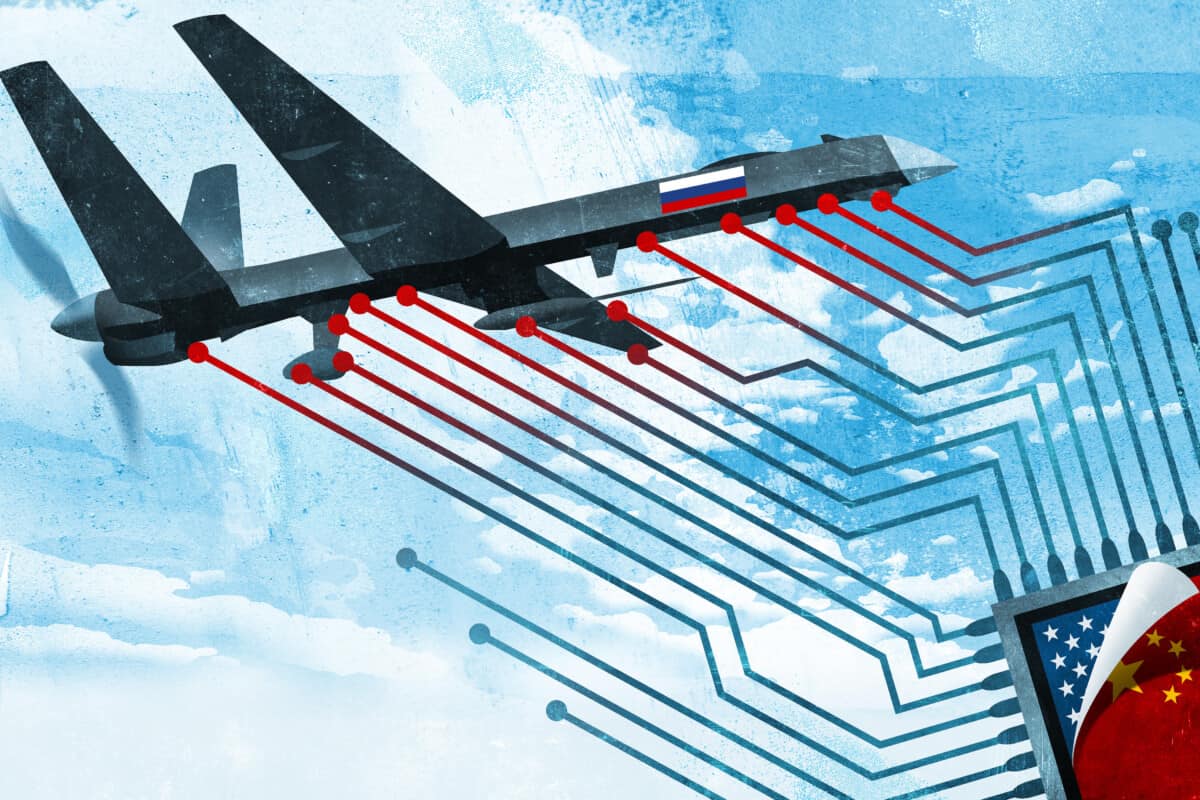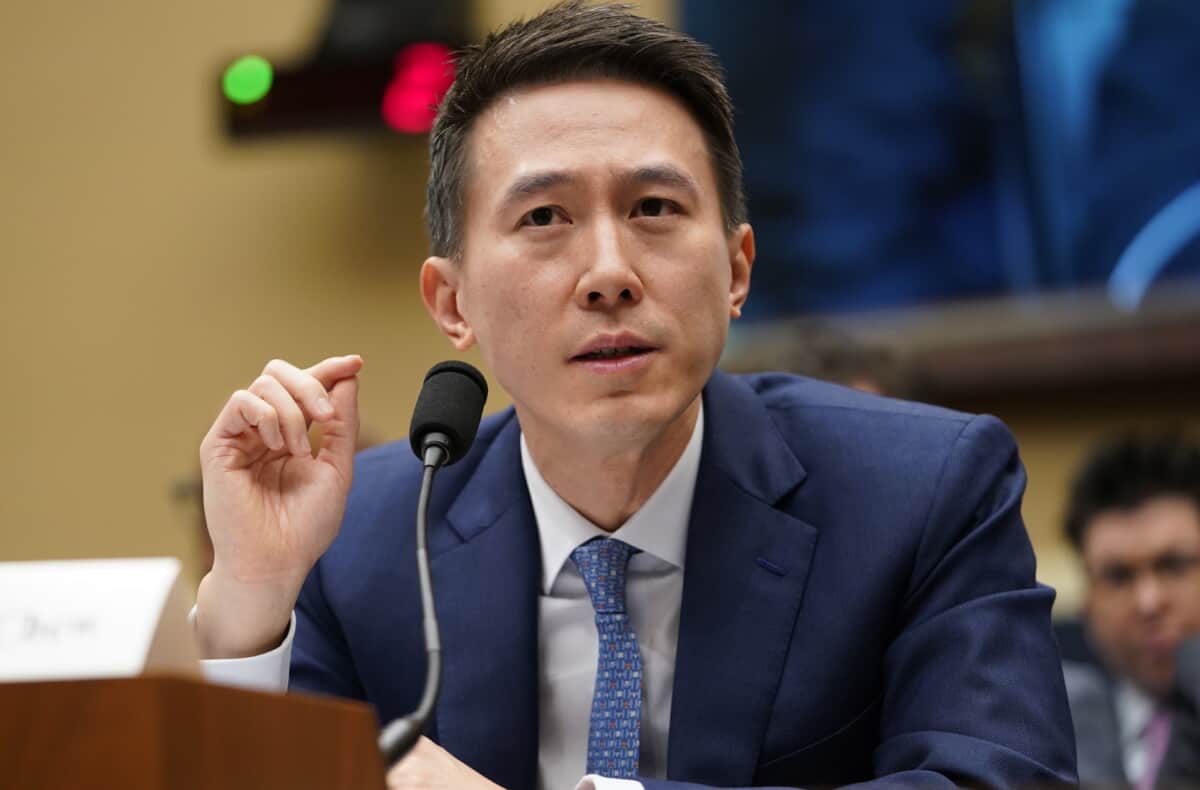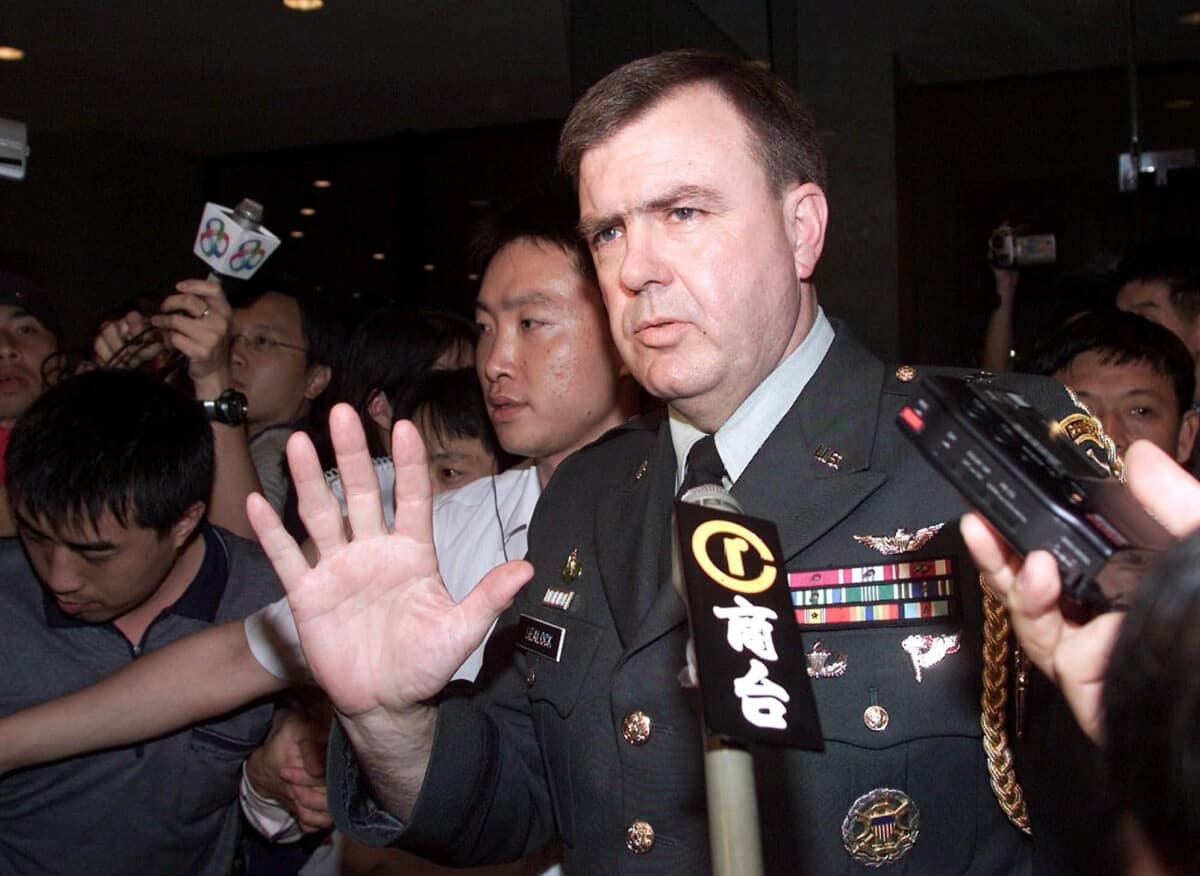Good evening. After Russia’s invasion of Ukraine, the U.S. announced sanctions that restrict essentially all American semiconductors from being exported to Russia. Shipments to Russia by major exporting nations, such as the Netherlands and Germany, sharply dropped off. But shipments from China surged. Our cover story this week is a special investigation into a network of six chip resellers to illustrate how Chinese companies often get around U.S. sanctions.
Elsewhere, we have infographics on Temu, Pinduoduo’s U.S. operation; an interview with Stephen Hadley on how to keep China relations on track; a reported piece on Beijing’s use of ‘golden shares’; and an op-ed about how to avoid an accidental confrontation between the U.S. and China. If you’re not already a paid subscriber to The Wire, please sign up here.
Want this emailed directly to your inbox? Sign up to receive our free newsletter.

The Sanctions Sieve
In June 2022, the U.S. Commerce Department placed Shenzhen-based Winninc Electronics on the Entity List. Seven months later, it sanctioned another Shenzhen-based firm, AOOK Technology, as well. As exporters of semiconductors, the companies were accused of supporting Russia’s military, and by sanctioning them, the U.S. hoped to stem the flow of components made by American companies from enabling Russia’s invasion of Ukraine. But a new investigation from Katrina Northrop has found that Winninc and AOOK are part of a larger network of Chinese companies — many of which are still selling chips to Russia unencumbered and highlighting the whack-a-mole nature of one of the most expansive sanctions regimes ever attempted by the U.S. government.

The Big Picture: Temu’s Big Haul
Since Temu’s launch in the U.S. last September, the Boston-based sister company to Chinese retail platform Pinduoduo has rocketed in popularity, becoming the second-most downloaded marketplace app in the U.S. last year, lagging only Amazon. This week’s infographics by Ella Apostoaie look at Temu: the story so far, how it has managed to hook U.S. consumers, and what challenges it might face as it looks to expand further.
A Q&A with Stephen Hadley

Stephen Hadley has long played a leading role in national security issues for Republican administrations. He was a Pentagon aide under George H. W. Bush, and national security adviser under George W. Bush, where he helped craft the administration’s engagement policy toward Beijing. Since leaving office, Hadley has worked to improve relations with China through so-called Track Two dialogues involving former officials in both countries. In this week’s Q&A with Bob Davis — part of our series Rules of Engagement — he talks about George W. Bush’s approach to China, Jiang Zemin’s response to 9/11 and how to keep China relations on track.
Stephen J. Hadley
Illustration by Lauren Crow

Golden Grip
Beijing’s usage of ‘golden shares’ — whereby a government entity takes a small holding in companies, along with a seat on the company’s board — has grown in recent years, amid the government’s efforts to rein in the power of the country’s largest tech companies. As Grady McGregor reports this week, the practice is increasingly stoking concern in Washington.

War by Accident
The risk of an accidental confrontation between the U.S. and China is growing, argues Mike Chinoy in this week’s op-ed. China is rapidly modernizing its military and expanding activities in the South China Sea and around Taiwan, and the U.S. is responding with intensified naval and air patrols, both for reconnaissance and to assert freedom of navigation. The EP-3 spyplane incident in 2001, Chinoy argues, is worth revisiting for its lessons on U.S.-China communications.
Subscribe today for unlimited access, starting at only $19 a month.



